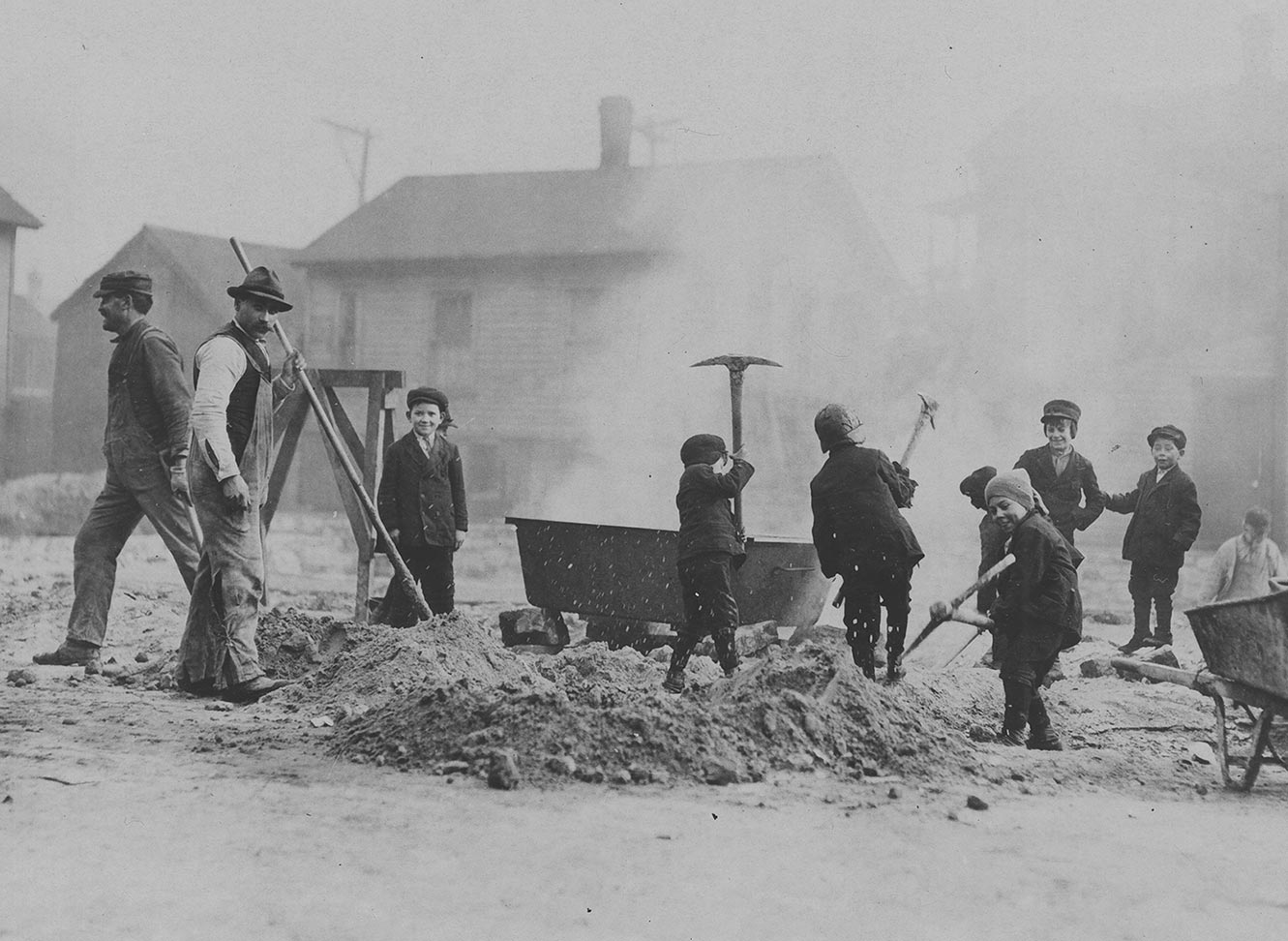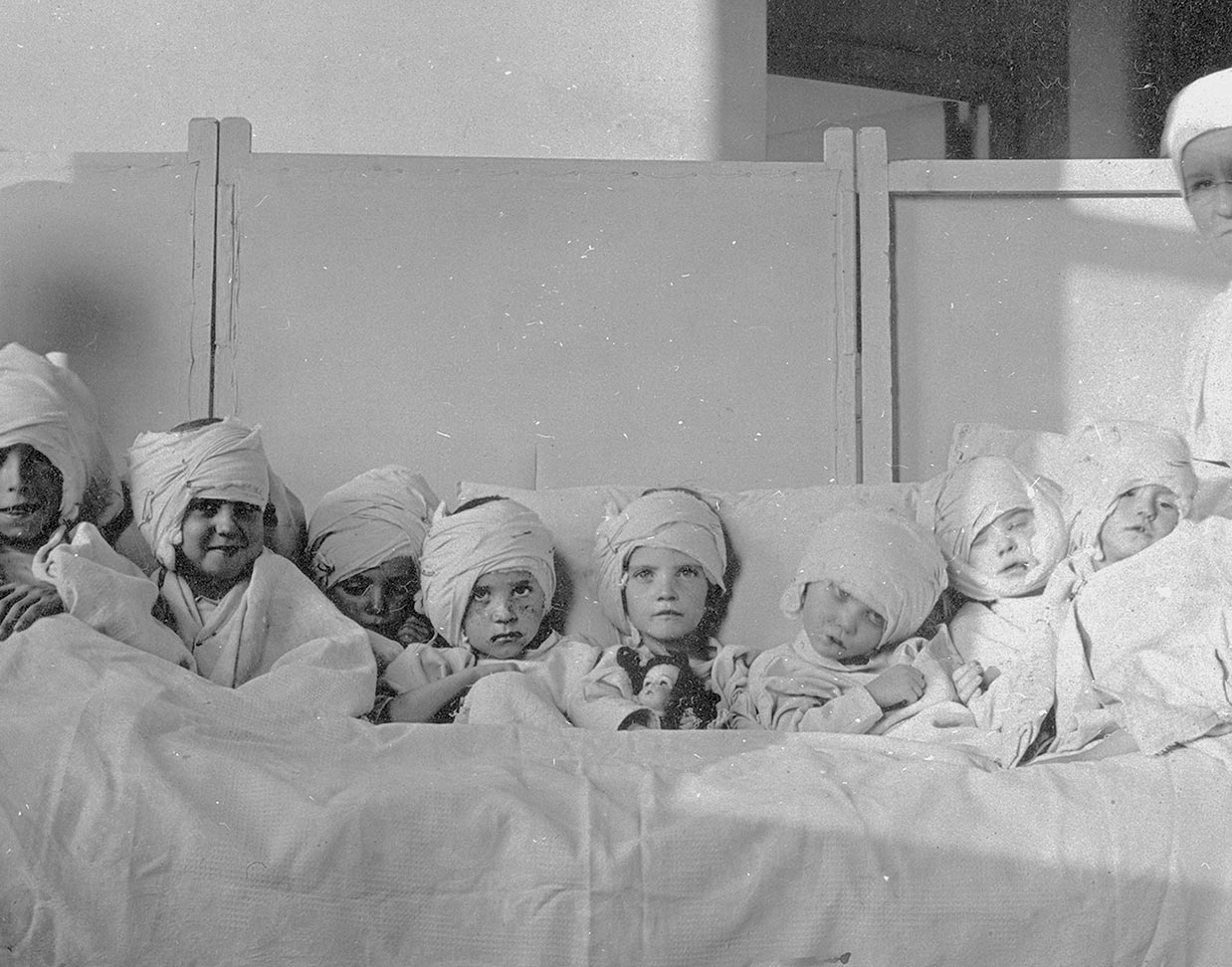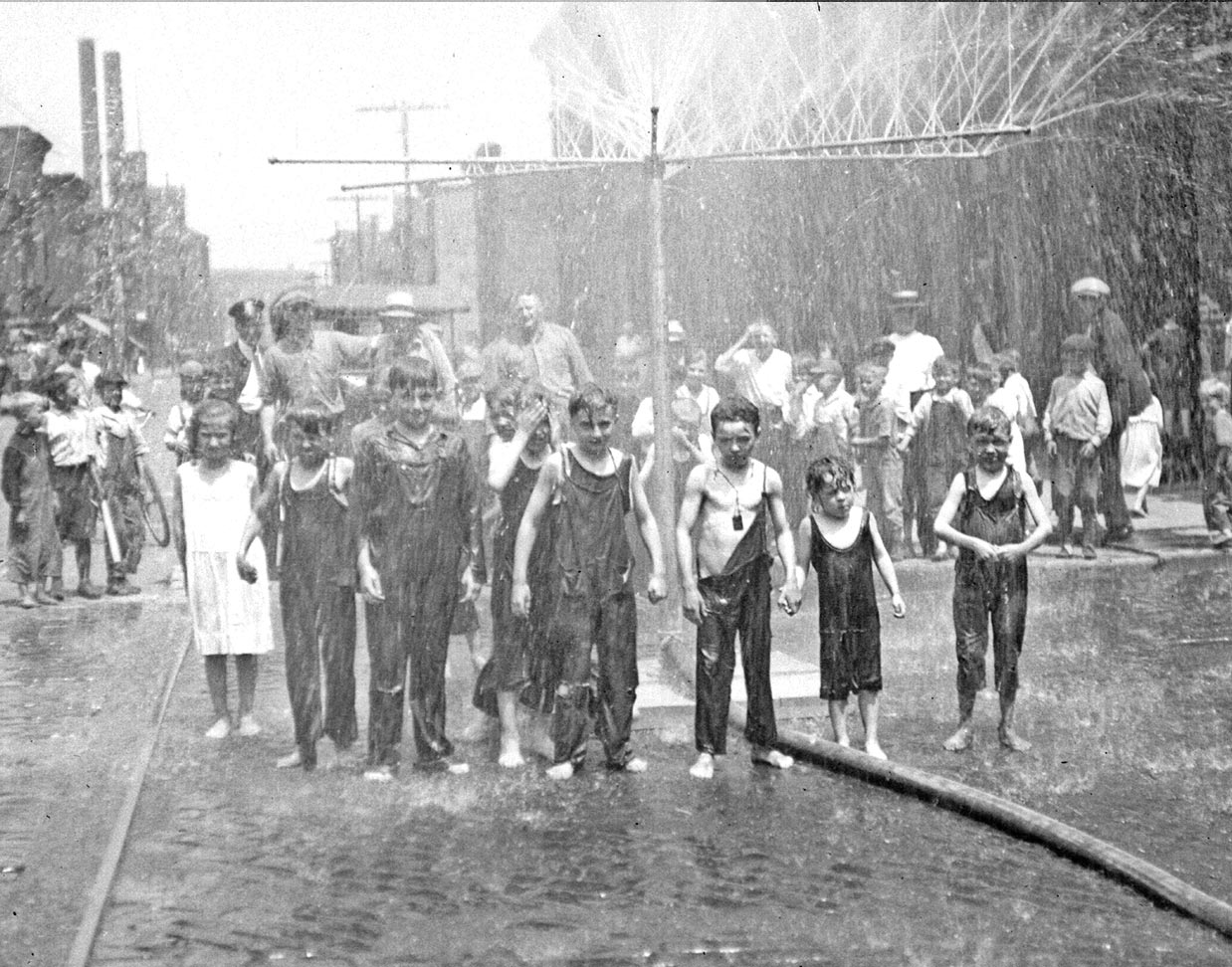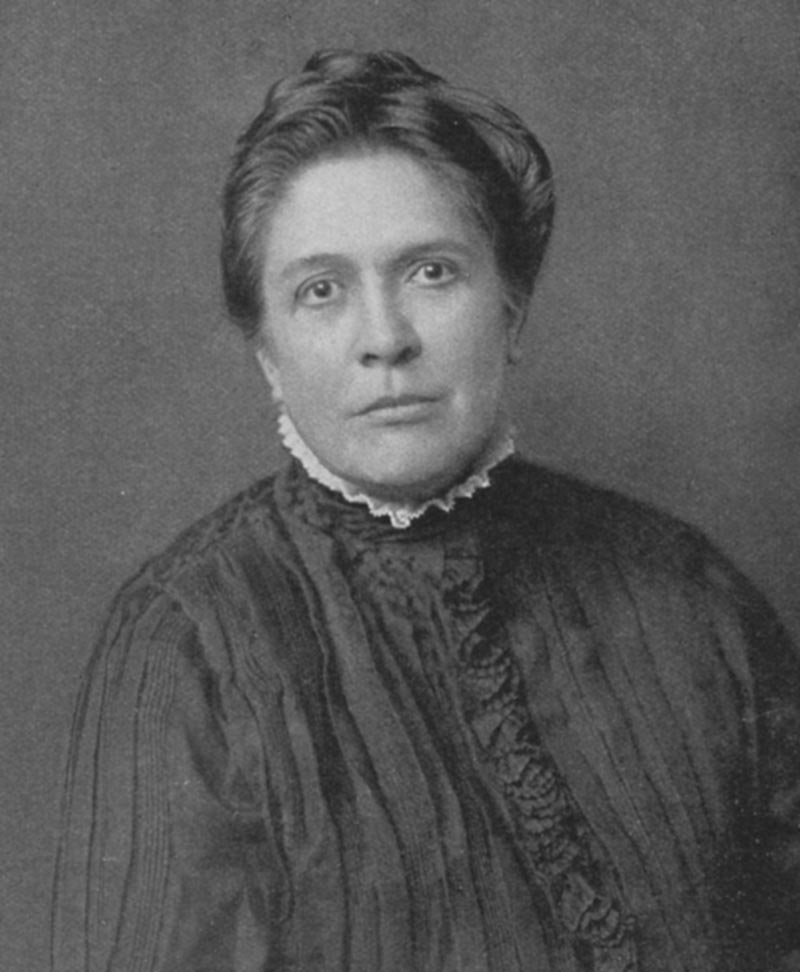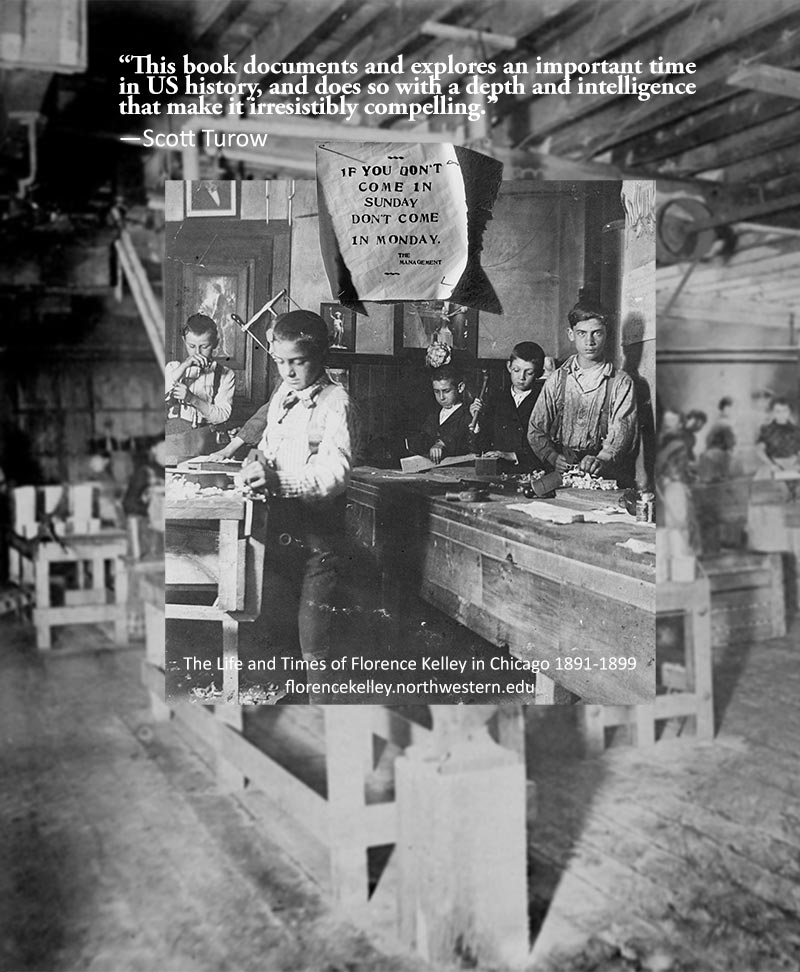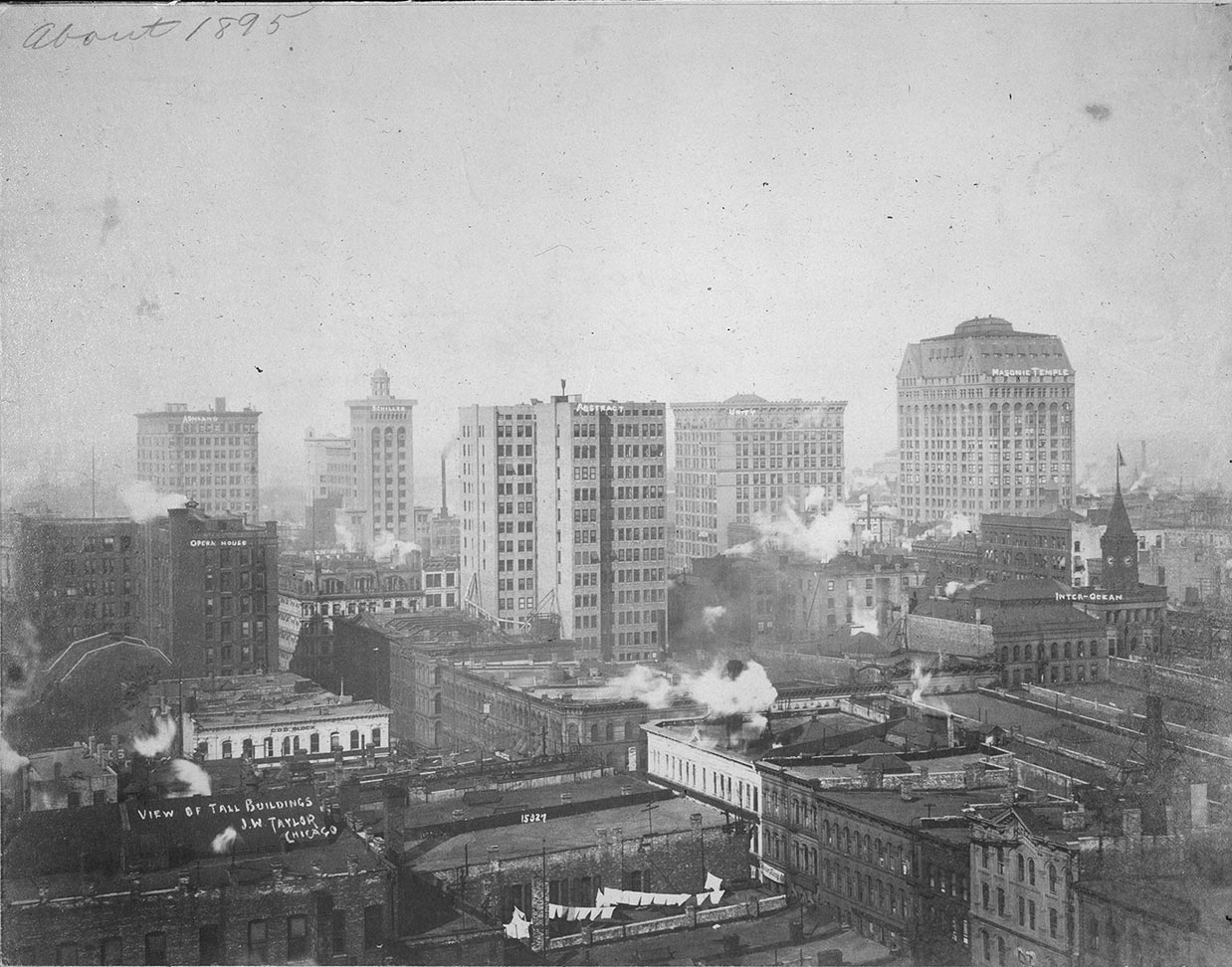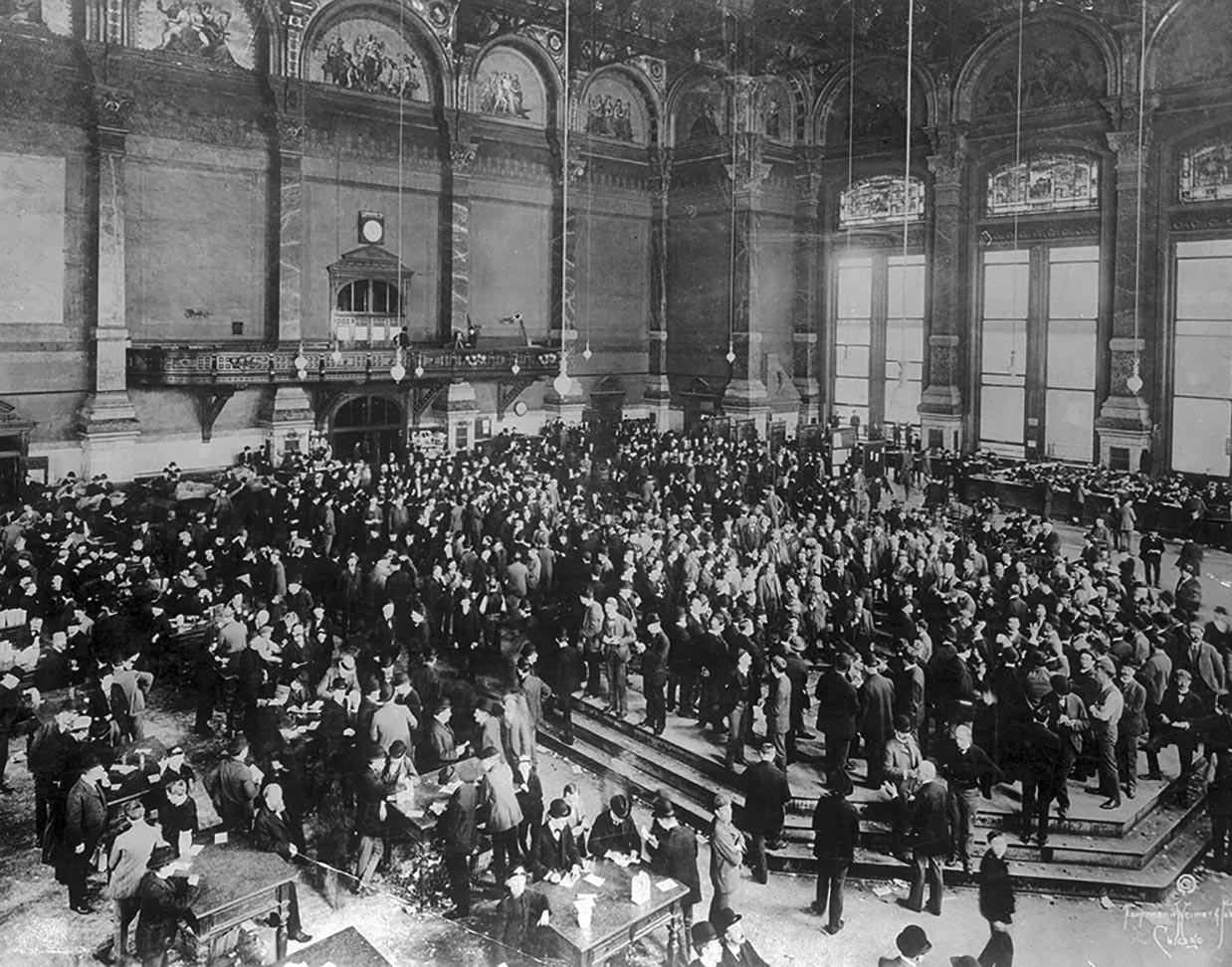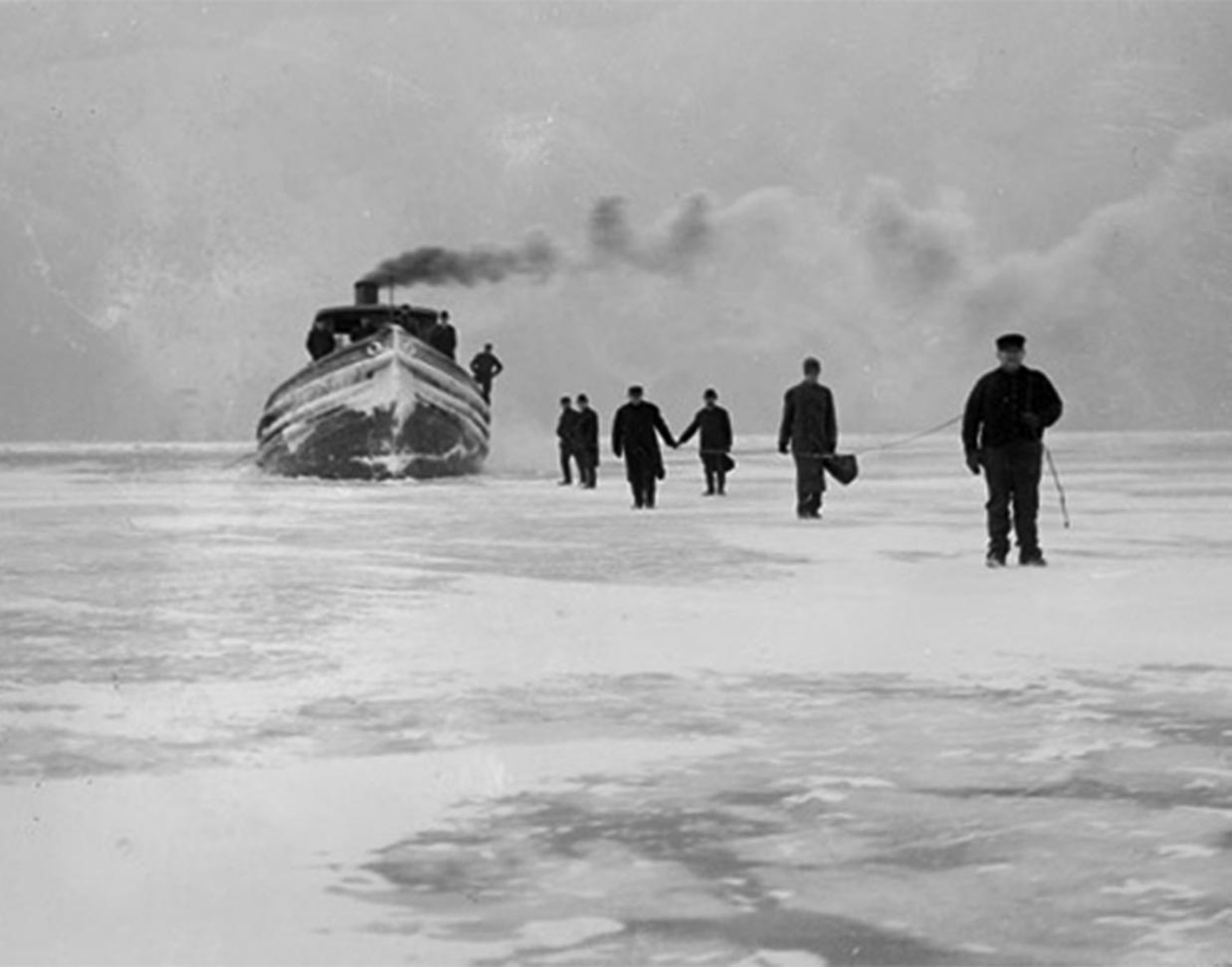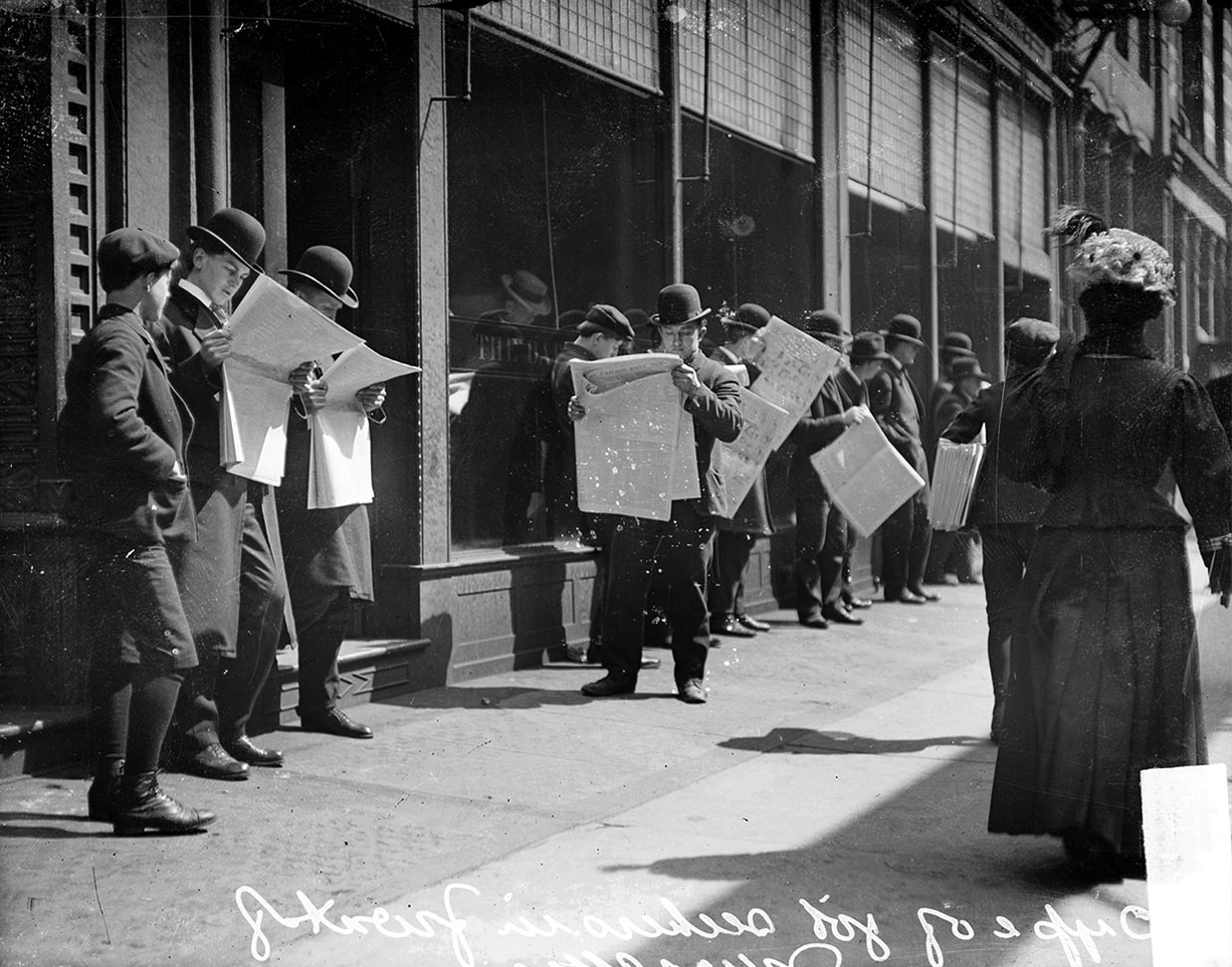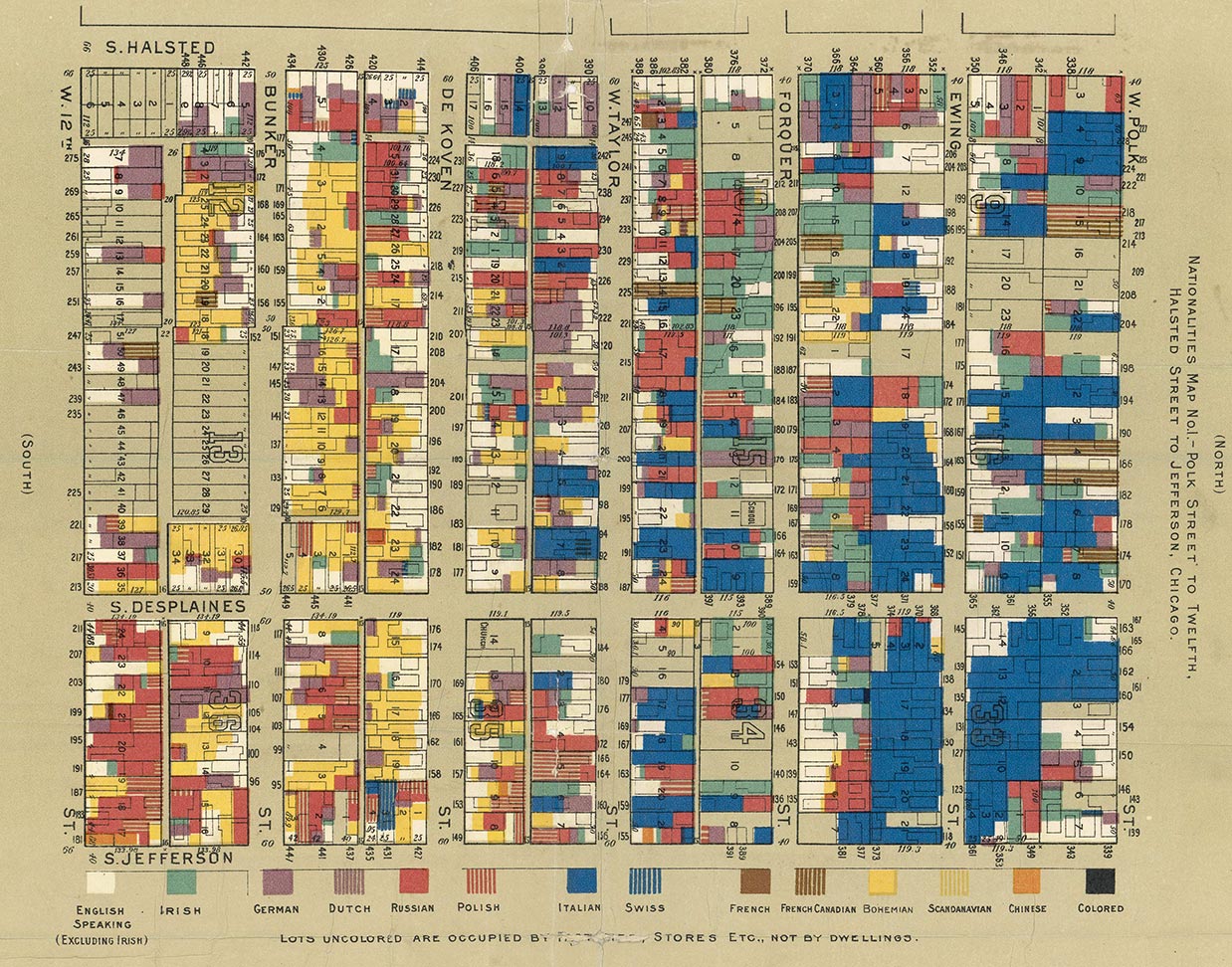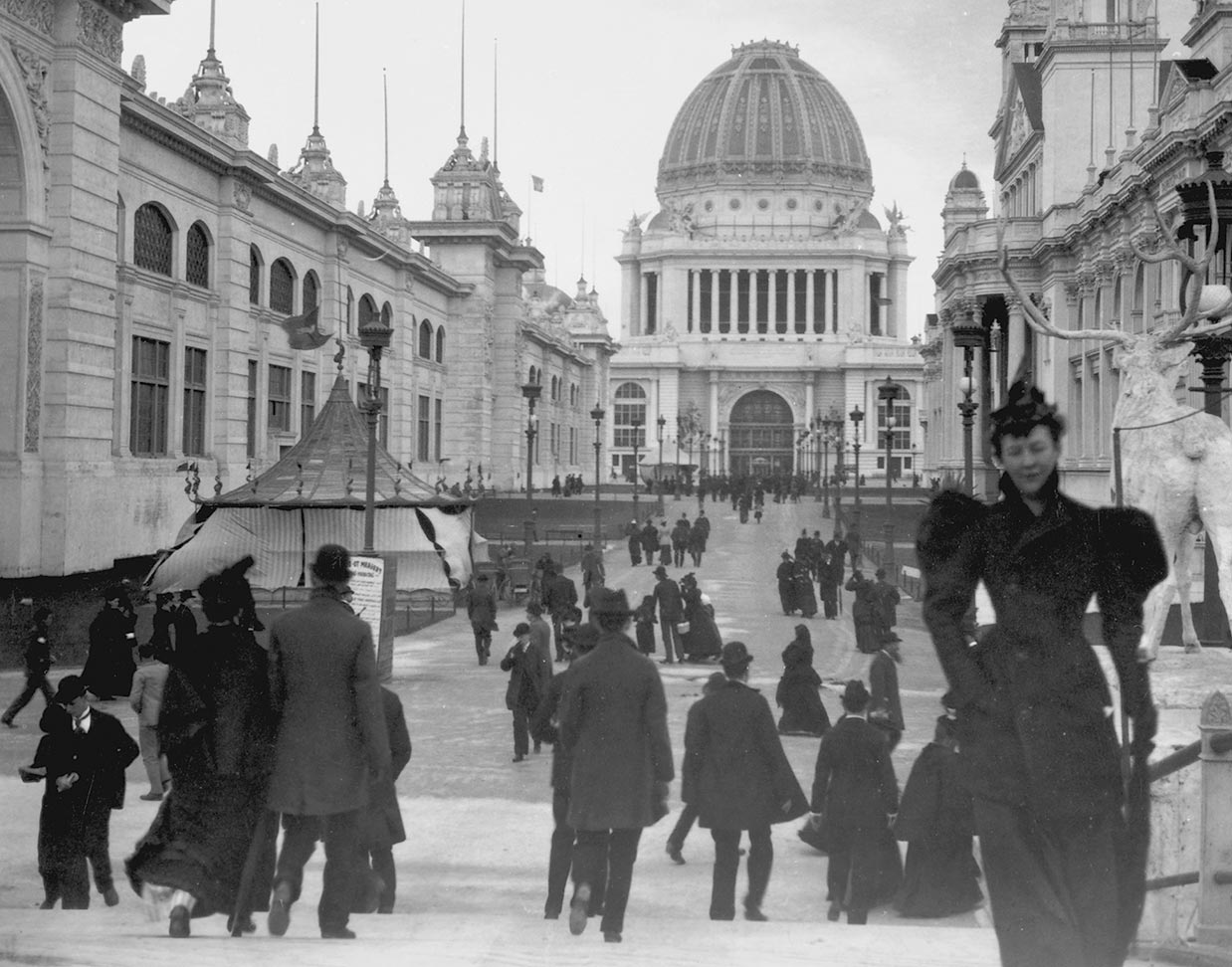Florence Kelley, Factory Inspector in 1890s Chicago, and the Children
“This book documents and explores an important time in US history, and does so with a depth and intelligence that make it irresistibly compelling.”
—Scott Turow, author, Presumed Innocent
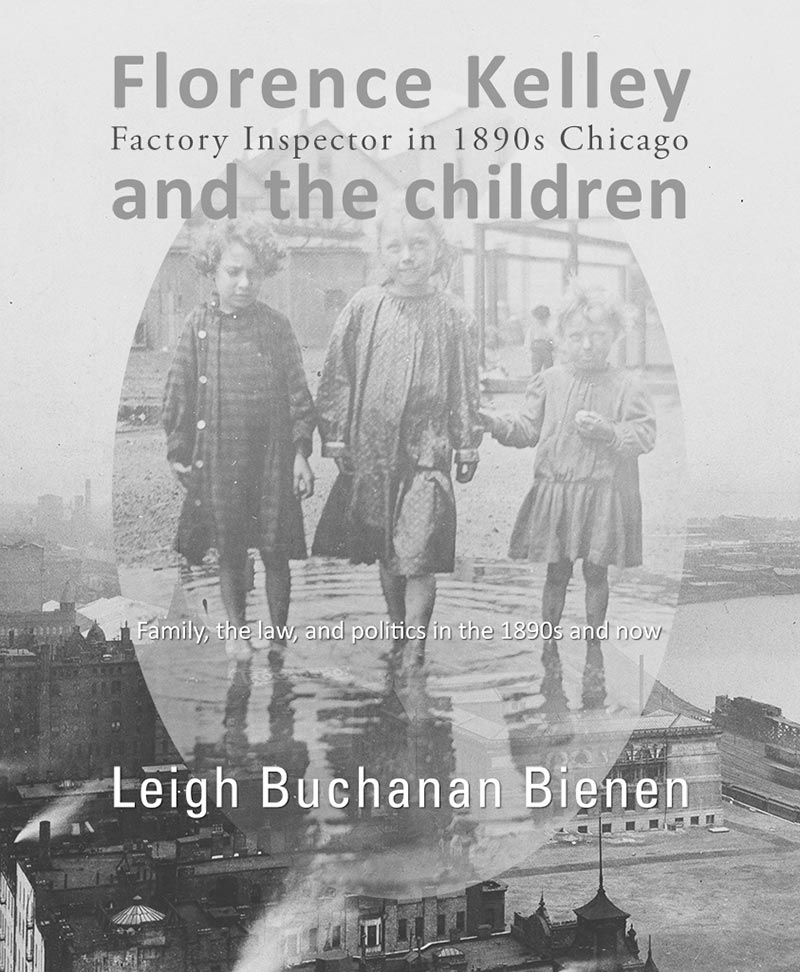
$25.00
- Publisher: Open Books (September 12, 2014)
- Language: English
- Paperback: 480 pages
- ISBN-10: 0692291180
- ISBN-13 : 978-0692291184
- Item Weight: 1.81 pounds
- Dimensions: 7.5 x 1.09 x 9.25 inches
$9.99
From Amazon
January 12, 2015
- Language: English
- File size: 5706 KB
- Text-to-Speech: Enabled
- Screen Reader: Supported
Bienen is a writer, advocate and teacher whose areas of expertise include capital punishment, sex crimes and legal reform. In addition to many legal articles, previous books include “The Left-Handed Marriage” (Ontario Review Press, 2001); “Crimes of the Century,” with Gil Geis (Northeastern University Press, 1998) and “Murder and Its Consequences: Essays on Capital Punishment” (Northwestern University Press, 2010)
Editorial Review
“This book documents and explores an important time in US history, and does so with a depth and intelligence that make it irresistibly compelling.”
—Scott Turow, author, Presumed Innocent
“Florence Kelley is a forgotten American hero. Independent-minded and tough, Kelley at the turn of the last century led the fight for a minimum wage and decent working conditions, especially for women and children. In these pages, Leigh Bienen offers a worthy tribute to Kelley and draws intriguing parallels to the struggles of today.”
—Alex Kotlowitz, author, There Are No Children Here
“In Florence Kelley, Factory Inspector in 1890s Chicago, and the Children, Leigh Buchanan Bienen has written an audaciously original hybrid fashioned from parallel narratives, from public records and private diaries, from history and memoir. The book remains scrupulously rooted in historical fact even as it explores the subjective fluidity between past and present.”
—Stuart Dybek, author, The Coast of Chicago
“Too few people know what a huge place Florence Kelley holds in labor history, but in addition to setting out her record, Leigh Bienen gives us added perspective on her heroic accomplishments: through her own journal entries she draws out parallels—similarities and contrasts—that make us question what has changed and what has, lamentably, stayed the same in more than a century of legal, economic, and personal drama. This is a fascinating book, abundant, useful, and important.”
—Rosellen Brown, novelist, author of Before and After and Tender Mercies
My colleague, Leigh Buchanan Bienen, who is first and foremost an expert on (and agitator for) capital punishment reform, just published a book about Florence Kelley—labor activist, political reformer, and 1895 Northwestern Law alumna. Kelley’s tireless efforts to reform labor laws, particularly for women and children, had a profound impact on working in the United States.
Florence Kelley and the Children: Factory Inspector in 1890s Chicago, focuses on Kelley’s life in Chicago in the 1890s, during which time she served as Chief Factory Inspector for the State of Illinois. A woman in a job like that was all but unheard of in those days, but so was a woman earning a law degree. Kelley put her legal education to good use in her lifelong efforts to change labor laws. She battled legislation challenging the Illinois factory inspection law all the way to the Supreme Court, and won. She was one of the contributors to the 1908 Brandeis Brief, which combined legal argument with scientific evidence and changed American jurisprudence forever, and she worked on other labor-law cases heard by the nation’s highest court. She was an appellate rock star in an age when women couldn’t vote.
The book is more than a just a history, though. Using biographical elements from her own life and work, Leigh draws interesting parallels between the struggles of the labor movement of the late 19th century and the events that led to the end of capital punishment in Illinois just a few years ago. Alex Kotlowitz, author of There Are No Children Here, describes the book in this way: “In these pages, Leigh Bienen offers a worthy tribute to Kelley and draws intriguing parallels to the struggles of today.”
My congratulations, and my thanks, to Leigh!
—Dean Daniel B. Rodriguez, Northwestern University School of Law
Equally unusual, informative, and inspiring. Did not want to put it down!
This wholly engrossing book audaciously weaves together over a dozen different types of sources—entries from the author’s journal about her life as a law professor married to a university president, letters from Florence Kelley and her Hull House contemporaries about their lives and work to improve life for Chicago’s poor immigrant communities, news stories, federal and state laws, and reflections from the author about all of the above—into a sort of braid of narratives that together make clear parallels between Chicago in the 1890s and Chicago in the early 2000s. The stakes are high throughout, as Bienen turns to the past to make sense of her present; and, ultimately, critically examines the possibilities and limits of the law, and those who seek to make or change laws, to create or maintain, as Bienen states, “a responsible, accountable civil society.”!
—Dan
Title: Florence Kelley, Factory Inspector in 1890s Chicago, and the Children
Year: 2014
Author: Leigh Buchanan Bienen
Publisher: Open Books, Chicago, Stacy Ratner, Founder
Description: A new book by a Northwestern University School of Law scholar aims to fill in the gaps in all that has been written about Florence Kelley—focusing particularly on the somewhat neglected decade the late 19th-century advocate for women and children spent in Chicago.
Though Kelley is the subject of three biographies and an autobiography, author Leigh Bienen, a senior lecturer at the School of Law, concluded during her extensive research on the legal and social activist that too little had been written about her efforts to improve working conditions in Chicago, where starving women and children labored long hours in unsafe conditions.
In an interesting twist, Bienen parallels her own life in Chicago with Kelley’s in the new book. She braids together three narratives, the story of Kelley’s life as a mother and reformer in the tumult of 1890s Chicago, the story of her (Bienen’s) own arrival in Chicago a century later and her life and work here, as well as a narrative of the extraordinary events leading to the abolition of capital punishment in Illinois.
Tireless in her efforts to improve working conditions and eradicate child labor, Kelley was fleeing an abusive husband when she came to Chicago from New York in the 1890s and took up residence with her children at Hull-House, the legendary settlement house co-founded by Jane Addams. Although strapped for funds, Kelley did the work she set out to do, held several government jobs, and, along with others, persuaded the public that this was the time to do something about the conditions in the tenements.
She was named the first chief factory inspector for the state of Illinois. Gov. Peter Altgeld’s 1893 appointment of a woman to such an important position was nearly unprecedented. Kelley implemented a factory inspection law adopted by the Illinois legislature in 1893, limiting women’s working hours to eight per day.
The new book grew out of the colossal website, Florence Kelley in Chicago 1891-1899, based on Bienen’s research on Kelley that was launched in 2008. “I am interested in her life, her family life, her children and how she managed to be both a public figure and a mother,” Bienen said. “None of the biographies adequately deal with her decade in Chicago, perhaps because they were written by Easterners,” Bienen said. “None, in my opinion, conveyed the richness of the historical context of the effort to reform conditions in city sweatshops and tenements and the actions and personalities of public figures such as Florence Kelley and Jane Addams.”
Also of particular interest to Bienen, Kelley earned a law degree from Northwestern in 1895—during a time when college graduate education was highly uncommon for women. Kelley was also known for combining fiery stylized prose with well-researched findings in her advocacy and investigations. And she was a mesmerizing public speaker. “I was so struck by her writing and astonished with how much she achieved at a time when women couldn’t even vote,” said Bienen. “I keep asking myself, how in the world did she do all that?”
Extensive litigation challenging Kelley’s work and the new factory inspection law resulted in the Illinois Supreme Court declaring parts of the law unconstitutional in 1895. However, Kelley and her colleagues triumphed years later when the U.S. Supreme Court, at the urging of Louis Brandeis, upheld such statutes. Kelley and her colleague Josephine Goldmark invented the Brandeis Brief for that case. “She and John Peter Altgeld and the many supporters of factory reform really did implement pathbreaking legislation,” Bienen said. “And just like today, it required a tremendous effort and some good fortune. They were political and social reformers addressing the big questions, which remain today.”


